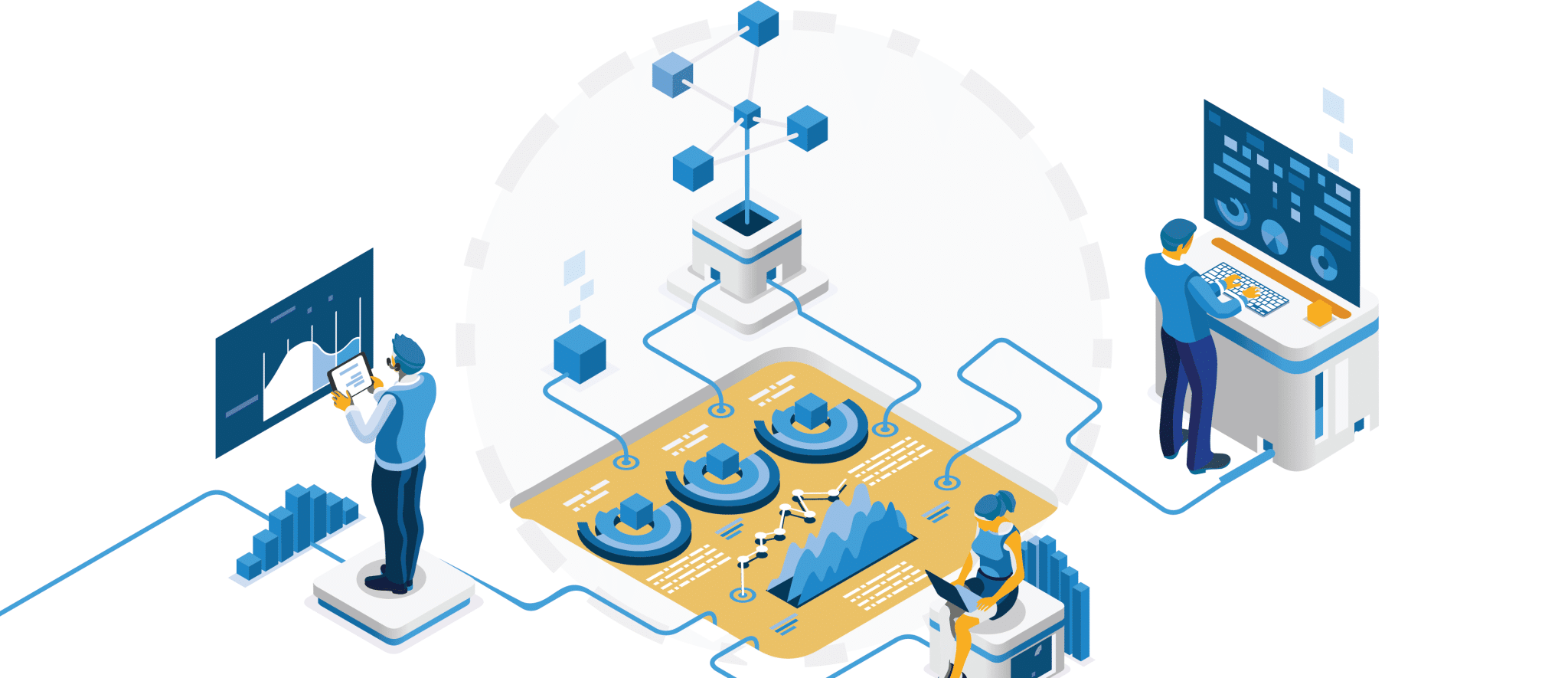
In the digital age, the volume of data generated and processed by businesses has skyrocketed. As a result, enterprises face an ever-increasing challenge in managing and safeguarding their sensitive information.
To meet these challenges virtual data rooms have emerged as powerful tools for optimizing enterprise data management, enhancing security, and streamlining collaboration. Let’s take a look at how virtual data rooms are transforming data management for businesses and why they are becoming a must-have in today’s corporate landscape.
The Rise of Virtual Data Rooms
Virtual Data Rooms, also known as VDRs, are online repositories that facilitate the secure storage and sharing of sensitive documents. Initially, VDRs were primarily used for financial transactions, such as mergers and acquisitions, but their application has since expanded to many other industries and use cases. The proliferation of VDRs can be attributed to several key benefits they offer.
Enhanced Security
In the digital era, data security is paramount. VDRs provide a secure environment for storing, sharing, and managing critical documents. Unlike traditional file-sharing platforms or email systems, VDRs employ advanced encryption and multi-factor authentication to protect sensitive information from unauthorized access.
In addition, administrators can control who can access specific documents, track user activity, and revoke access when necessary. This level of security is crucial for industries such as finance, legal, healthcare, and real estate where confidentiality is paramount.
Streamlined Collaboration
Collaboration is at the heart of every successful enterprise, and VDRs are designed to facilitate it. These platforms enable teams to work together on documents in real time, irrespective of geographical boundaries.
Features like version control and audit trails allow for efficient collaboration, ensuring that changes and comments are tracked and recorded. Furthermore, VDRs often include communication tools, such as Q&A and messaging modules, to streamline discussions and decision-making processes.
Efficiency and Productivity
Managing data can be a time-consuming task, especially when it involves large quantities of documents. VDRs help streamline this process by providing advanced search capabilities, making it easy to find the necessary information quickly.
Additionally, VDRs eliminate the need for printing and physical document storage, reducing costs and the environmental footprint. This newfound efficiency can result in substantial time and cost savings for enterprises.
Compliance and Reporting
Many industries are subject to strict regulatory requirements regarding data management and sharing. VDRs are often equipped with features that assist in compliance, including automatic audit logs, permission settings, and data retention policies. These features make it easier for organizations to adhere to industry-specific regulations and demonstrate compliance to auditors or regulatory bodies.
Real-World Applications
Virtual Data Rooms are versatile tools, and their applications extend to various business scenarios. Some of the most common use cases include:
- Mergers and Acquisitions: VDRs have long been a staple in M&A transactions. They enable sellers to share confidential financial and legal documents with potential buyers securely.
- Due Diligence: Companies can use VDRs for due diligence processes, allowing them to share relevant information with investors or partners while maintaining control over access.
- Legal and Litigation: Law firms often use VDRs for secure document sharing during legal proceedings and litigation. This ensures that sensitive case-related information is protected.
- Real Estate Transactions: Real estate professionals use VDRs to store and share property-related documents, streamlining the buying and selling process.
- Clinical Trials: In the healthcare and pharmaceutical industries, VDRs facilitate the secure sharing of clinical trial data and documentation, ensuring regulatory compliance.
Choosing the Right VDR
Selecting the right VDR for your enterprise is crucial. Consider the following factors when making your decision:
- Security Features: Ensure the VDR you choose provides robust security features, including encryption, authentication, and granular access controls.
- Ease of Use: User-friendly interfaces and easy navigation are essential for efficient collaboration and streamlined due diligence processes.
- Customization: Look for a VDR that allows you to tailor access permissions, branding, and workflow to your organization’s needs.
- Scalability: As your business grows, your data management needs will expand. A VDR that can scale with your enterprise is invaluable.
- Compliance: Ensure that the VDR is compliant with relevant industry regulations and data protection laws.
- Cost: Consider the pricing structure and whether it aligns with your budget and expected usage.
The Future of Data Management
As data continues to be the lifeblood of modern enterprises, the need for secure, efficient, and collaborative data management solutions grows. Virtual Data Rooms have established themselves as a valuable asset in this endeavor, and their relevance is only expected to increase in the future.
Businesses that adopt VDRs can not only safeguard their sensitive information but also reap the benefits of improved collaboration, efficiency, and compliance. In a world where data is a valuable asset and a potential liability, VDRs are becoming an indispensable tool for optimizing enterprise data management.
ShareVault has been providing organizations of all types and sizes with secure document sharing solutions for over 15 years.





